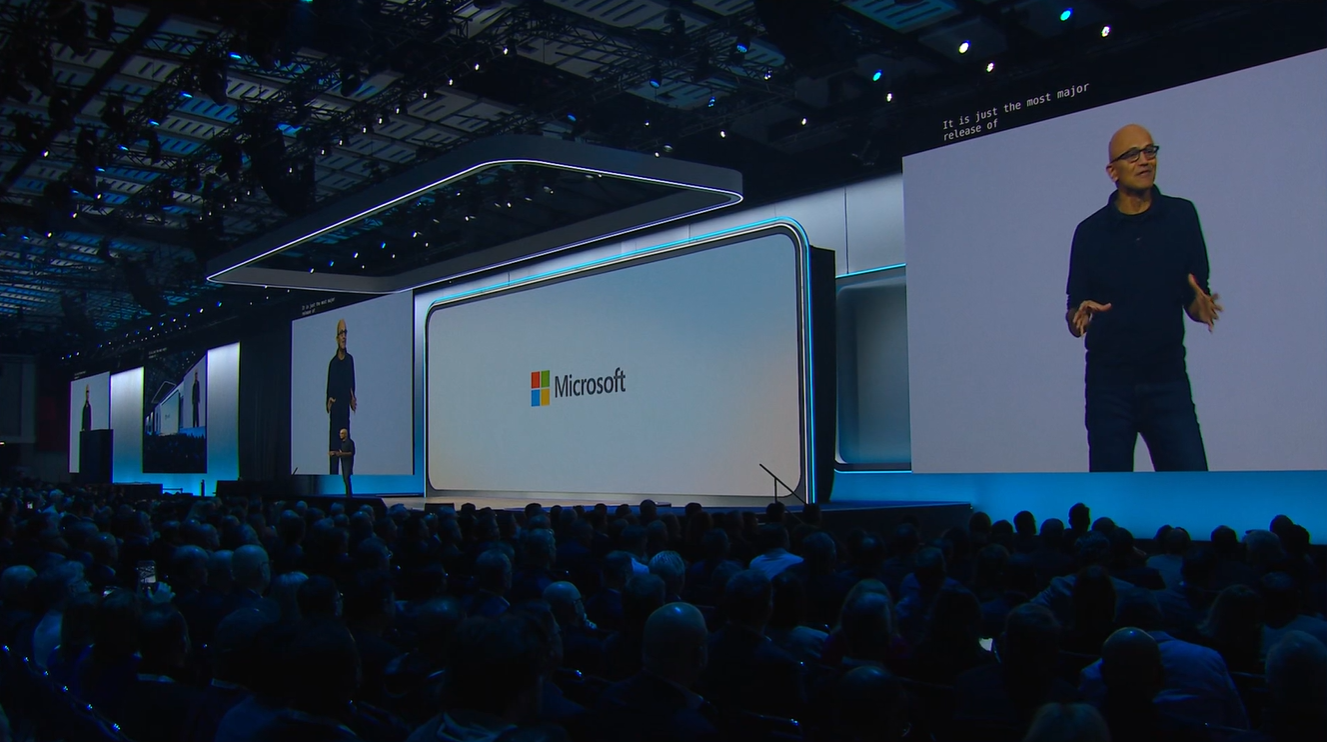Last week we summarised some of the key findings from KPMG and Harvey Nash's CIO Survey 2020. But what really put digital leaders ahead of the curve going into this pandemic? We hear statements about embracing innovation and accelerating digital transformation but are they said so often that there isn't urgency behind them? Below I have summarised examples of embracing but also resisting this change.
I wanted to dive deeper into the main survey takeaways as they act as useful reflection points and lessons learned.
"47% say the pandemic has permanently accelerated digital transformation and the adoption of emergent technologies."
It really was a thrive or survive situation, the businesses who were already set up to work from home or work online were, without knowing it, in much better shape to cope with the unexpected pandemic and subsequent lockdown. Conversely, many businesses (and people) struggled with the shift towards remote working but cobbled something together or acted quickly to ensure they remained operational. Regrettably, there have been a large number of businesses that have not survived the impact of the pandemic, certain industries (events, hospitality, travel, leisure, retail etc) have just had their revenue streams stripped. Many were victims of the pandemic, others perhaps victims of their inability or reluctance to change.
Examples include Boohoo buying Debenhams. Boohoo is a 15-year-old online upstart which has been able to acquire a 243-year-old well-known high-street department store. Another is ASOS, who also operate only online, is now buying Topshop and Miss Selfridge. Could these organisations have done more to modernise their business model? Or are they just a victim of the pandemic?
"Businesses need to become leaner and more efficient in their operations and technology is the key enabler."
You could argue that online shopping was already big before the pandemic hit impacting the success of traditional bricks and mortar retailers. But will our buying behaviours now change permanently? The infrastructure that supermarkets have built to facilitate home deliveries has changed, the number of drivers employed by Amazon would have no doubt increased and it never ceases to amaze me how many Deliveroo / Just Eat people are waiting around coffee shops and fast food establishments.
We love efficiency in our lives, its also why Hello Fresh and Gousto have been so successful. Good food, without having 50 ingredients in your cupboard you wont use again. Brilliant.
I'm sure more pubs will adopt table service; don't get up... we'll come to you using apps. That would be great regardless of the pandemic. There is a tenuous theme here though, technology is facilitating success in what is an extremely challenging time.
"Digital leaders show how the people embracing innovation and change have fared better during the pandemic."
You would argue that throughout history, pandemic or no pandemic, those organisations that move with the times thrive, those that stand still, go backwards and disappear. One of the most notable examples is Blockbuster … they went bust due to Netflix appearing on the scene, giving the user the freedom to watch a movie or series whenever they want with no late return fees as it's all online at their fingertips. Netflix proposed a partnership offer to Blockbuster in 2000 but they turned that down, at that time it was an innovative new idea that they didn't see going anywhere. Look at it now. The same can be said about Toys r Us, online shopping like Amazon reduced their business due to the ease of ordering online, not needing to leave the house and having it delivered to you.
Last year was a tough one and there wasn't a handbook on how to manage during a pandemic as there hasn't been one in at least 100 years! We are however coming out the other side of this and we are certainly positive about the future of our economy. There were so many good talking points in the survey, that drawing simple conclusions is challenging. We can however be clear about one thing and that is the importance of embracing innovation and change. The digital revolution isn't going away, change needs to be embraced, sought after even in order to stay ahead of competition and protect the business long-term.

About the Author: Lizzie Arcari
Lizzie joined Foundation IT in 2019 after graduating from University. She is excited to develop her career in the IT industry, learning from the best.



